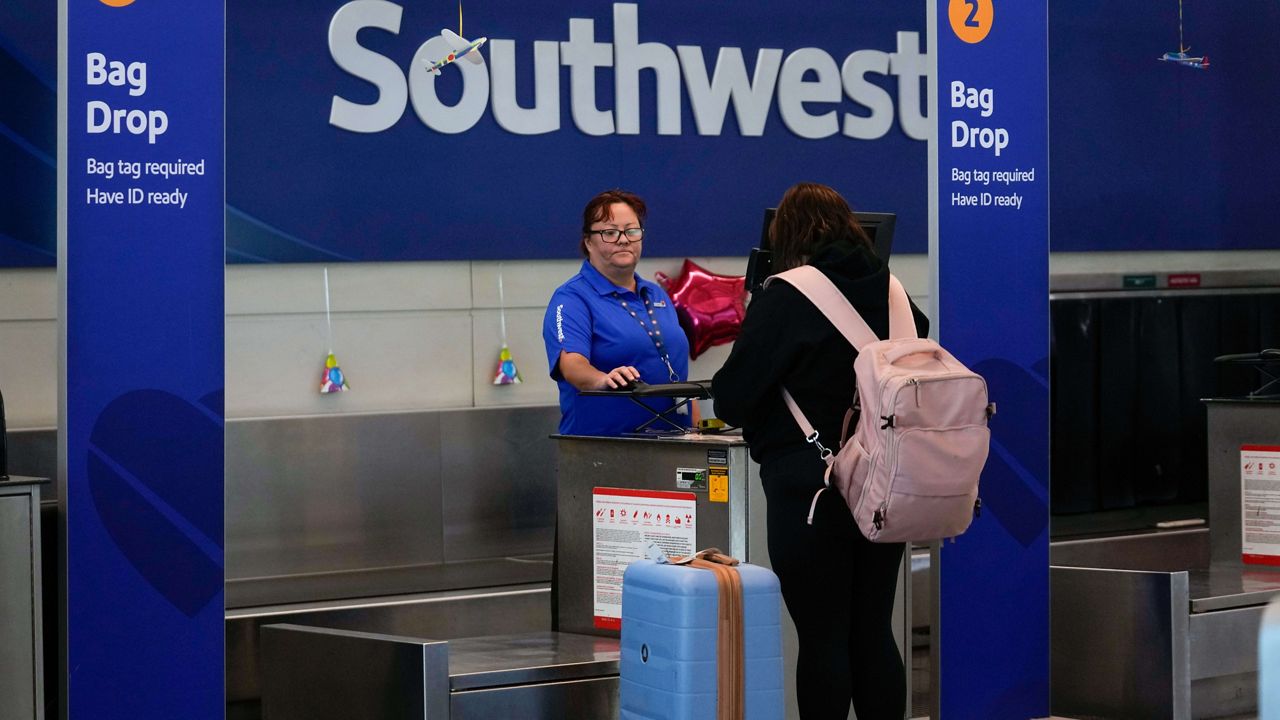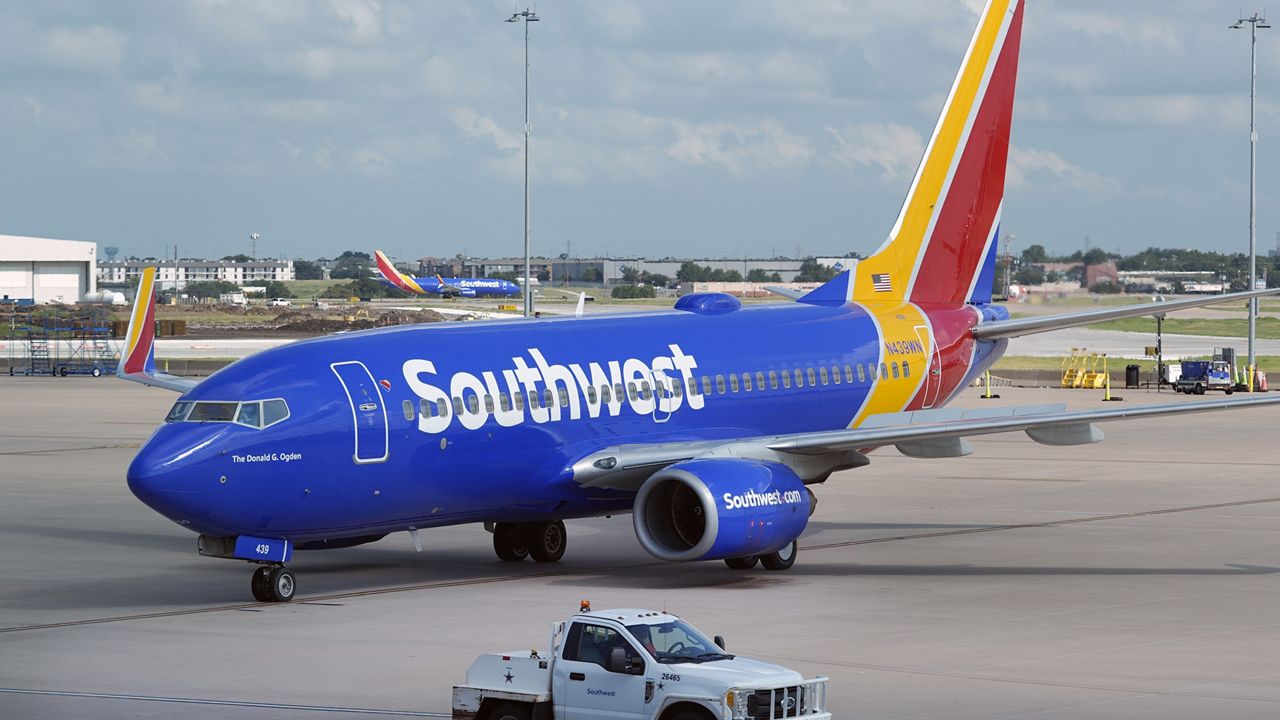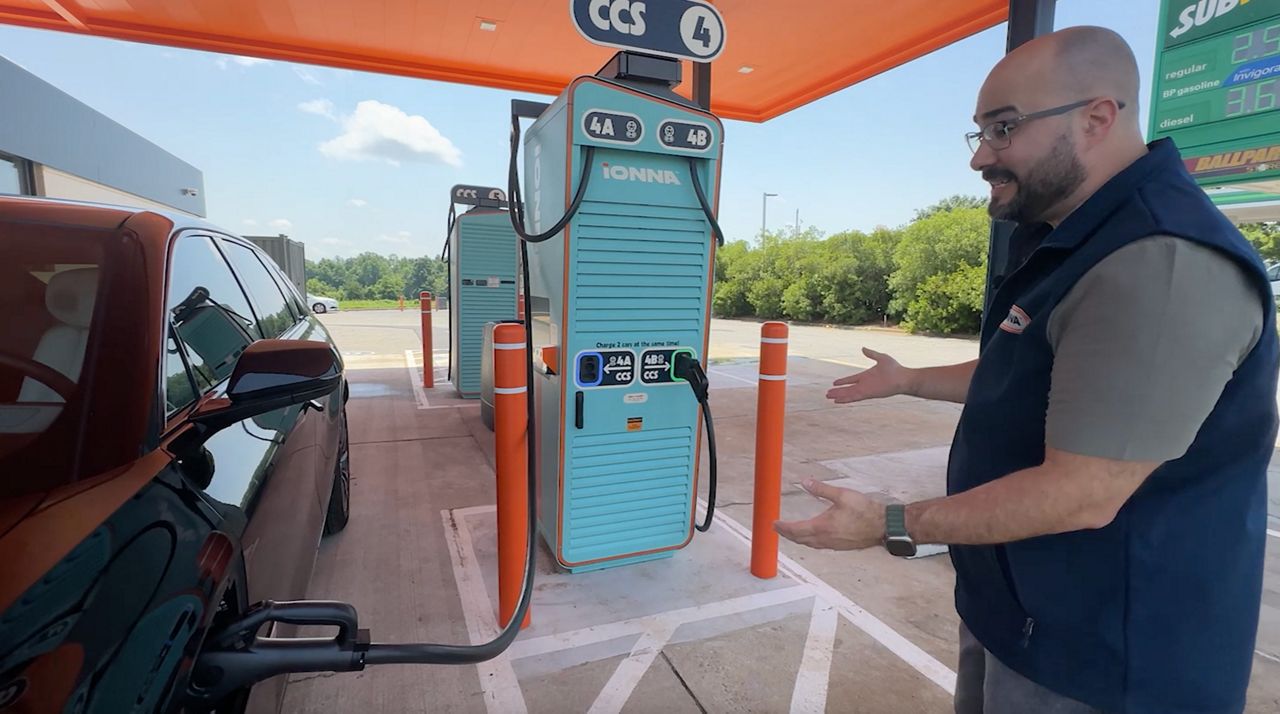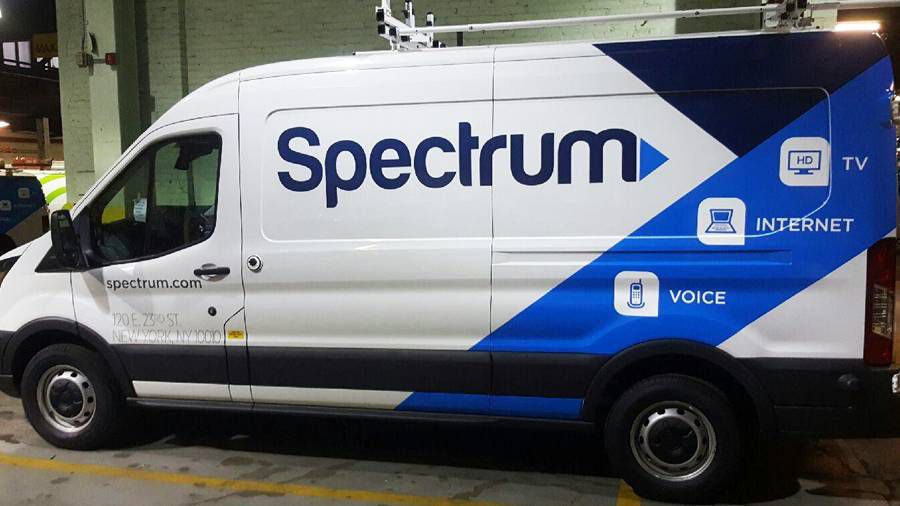Steel and aluminum have been some of the most valued goods in America over the past half century. Except, America makes a lot less of both, which means we are heavily reliant on international trading partners.
Business owners are buying and selling based on uncertainty in the global market
Small manufacturers must weigh which costs to eat and which to pass onto customers
Hamid Lalani owns Mercury Signs
BLS counts roughly 11,500 manufacturers in North Carolina
President Donald Trump’s tariff war continues to impact those who rely on these goods, including a small business in Apex.
Related: U.S. and China take a step back from sky-high tariffs, agree to pause for 90 days
Hamid Lalani said the world of sign-making is special.
“If you don’t have a purpose and you don’t have a culture to deliver that purpose, it’s very hard to compete with the guys who actually do,” Lalani said.
The businessman in his 60s is navigating supply chain disruptions.
“At the moment, these things can have an impact on the cost of your signage,” Lalani said.
Lalani uses a variety of materials to make signs, including plastics, aluminum, stainless steel, vinyl and more.
“I’ve been fortunate enough to live the American dream,” Lalani said.
His American dream started years ago when he came to the states for college.
An engineer by trade, he spent years in Silicon Valley working in the tech industry, and in his words, after failing at retirement, he opened Mercury Signs.
“Nothing gets more physical than a sign,” Lalani said.
Now some sign making is more expensive because the goods to make them, such as aluminum, cost more too.
“In some cases, they (my suppliers) are announcing a 30-40% increase because that’s what they can source now for the future,” Lalani said.
The business owner weighs how much of these costs to pass on to some of his 400 customers, including restaurants, school systems and companies at Research Triangle Park.
Lalani said a sign made for the Research Triangle Foundation at RTP cost about $52,000 to complete in 2021, with an overall project cost of $100,000 for him. Lalani said if he were to do the same project today, there’s no way it could be completed for the same price as he did four years ago.
Lalani pulled up some newer prices from one supplier at his work desk. He pointed to the rise in price listed on receipts.
The products from this particular supplier are sourced from China. The steel frames are adjusted for a 40% higher cost.
Last Sunday, in an interview with NBC News, Trump sounded as confident as he said his plan to level the playing field with China is worth it.
“Anything can happen, but I think we are going to have the greatest economy in the history of our country. We’re going to have the greatest economic boom in history,” Lalani said.
The North Carolina Manufacturing Extension Partnership reports the Tar Heel State leads the southeastern United States in manufacturing, employing 467,325 workers from about 11,500 in-state manufacturers.
The Bureau of Labor Statistics reports 90% of those in-state employers have fewer than 100 employees.
Lalani has far less than that.
“That’s one of the advantages of being a small company that we will bring to bear and we will try to solve our customers’ problems in more creative ways than big companies can,” Lalani said.
The owner said because he runs a smaller operation, he has fewer fixed costs and can adapt more easily.











